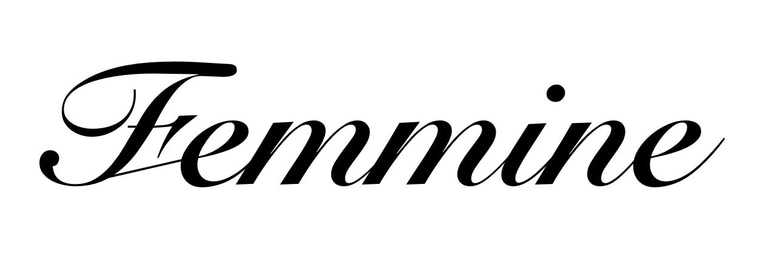Lessons From The Obligatory 'Mid 20s Crisis'
By Kesia Burr
LIFESTYLEHOME
Edited by Cece Wilson
4/24/20253 min read


One month before my 25th birthday, I noticed a glint of silver among my box-dyed, grown-out roots. It was my first grey hair.
To me, this discovery represented the physical manifestation of a recent and looming realisation: I am now closer to turning 30 than to graduating from high school - and no closer to having anything in my life ‘figured out.’ In some ways, I have less of a plan than ever. While the grey hair felt premature, it forced me to face a reality I am constantly doing my best to ignore: life is happening now, and it doesn’t wait for you to know what you’re doing before it continues.
The ‘ticking clock’ is something women, in particular, are berated with by society. We are raised on the relentless idea that time is running out. That notion, combined with existential dread and the added pressure to ‘succeed,’ can have a paralysing rather than a motivational effect.
A few months before this milestone, I did a very honest ‘life audit.’ I realised I had been allowing life to happen to me instead of going out and experiencing it. I felt lost, stuck, and directionless, which only heightened my fear that life was passing me by. It took me a while to even realise what I wanted because I had been checked out for so long. I had lost confidence in myself and my dreams.
So, I went back to basics. I started to remove what wasn’t working and what was holding me back - after all, knowing what you don’t want is a good place to start. I quit my corporate office job and moved to a new city with my partner to pursue my creative dreams while working a minimum-wage job. Starting from scratch was exciting and liberating, but it also came with moments of doubt and an intermittent feeling of failure for not having achieved anything of ‘significance’ yet.
Comparison was a major obstacle at this point. Seeing friends buying houses and getting promotions made me lose sight of an important truth: everyone’s journey looks different. They are meant to.
A recent trend exploring the idea of having coffee with your 18-year-old self made me reflect on how much I’ve changed over the past seven years. Would she be proud of the person I am? What would surprise her about the direction our life has taken? What advice would I give her, knowing what I know now? Her goals and priorities were different, as was her idea of what it means to live a successful and happy life - so why have I been holding myself to those same outdated standards?
This reflection made me realise I had been approaching things all wrong. I needed to stop reinforcing the pressures of past expectations while nurturing that seemingly naïve teenage belief that I am limitless and that anything is possible if I want it to be.
So, what would I tell my younger self? What lessons have I learnt from my quarter-life ‘crisis’?
First of all, I would tell her it was absolutely necessary - one of the most transformative experiences I could have gone through. It woke me up and put me back in the driver’s seat of my life. It taught me that there is no shame in changing your mind - and changing it again - until you’re on a path that feels right. That doesn’t make you a failure.
Every decision you make leads you to the present. Don’t consume yourself with regrets and ‘what ifs’; they don’t matter. Having things ‘figured out’ is a fictional concept. Many of us were not born to do just one thing. The world is vast - why shouldn’t we experience all it has to offer? There is no such thing as ‘wasting time’ unless you are not an active participant in your own life.
And most importantly, I would tell her not to settle for a life that doesn’t make her happy - because the pursuit of happiness is a worthwhile one.
A big part of your twenties is grieving your childhood - but it’s also about grieving the life you thought you would have. Letting go of that expectation allows you to live in the present. And that’s where life is happening.
©Canva
For more, explore fashion, travel, and lifestyle insights here.
Subscribe to our newsletter!
info@femmine.co.uk
